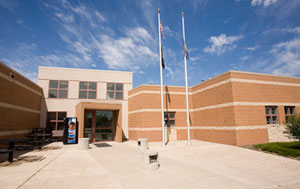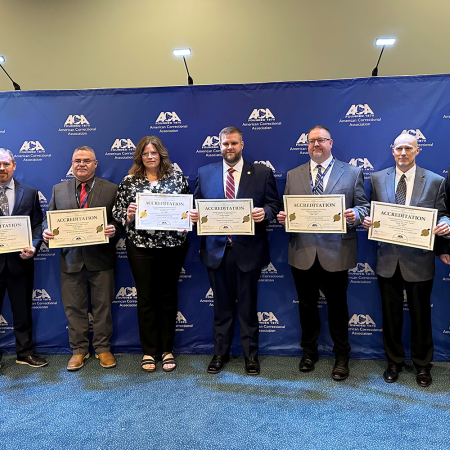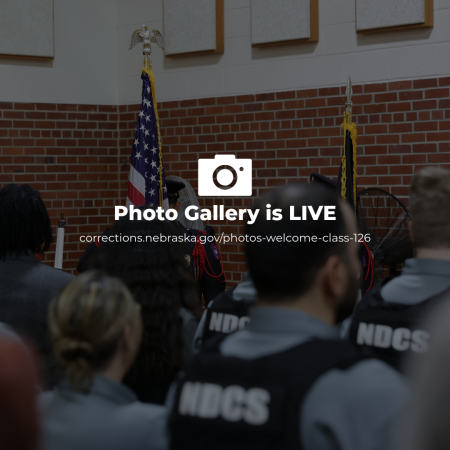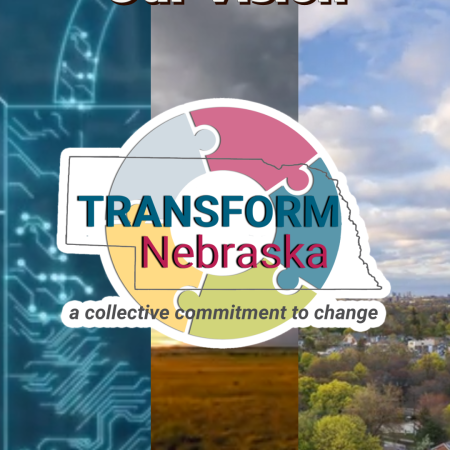
Nebraska Correctional Youth Facility

2610 N 20th St. E.
Omaha, NE 68110
United States
The Nebraska Correctional Youth Facility (NCYF) is a male correctional facility with general population adult housing units in addition to specialized housing for youthful offenders adjudicated as adults. NCYF is a maximum, medium and minimum security facility. The buildings encompass approximately 54,000 square feet with a construction cost of approximately $10.8 million.
NCYF has been accredited by the American Correctional Association (ACA) since 2000.
Custody and Unit Management are major operational areas with a focus on management, programming and discipline that protects staff, inmates and the public. Inmates have the opportunity to participate in a variety of recreational activities seven days a week. Youthful offenders may apply to participate in community custody programs to include work detail, work release or education release.
All male offenders sentenced by county and district courts of the state of Nebraska are received at the Reception and Treatment Center (RTC) in Lincoln. At RTC, individuals are assigned an inmate number, photographed, fingerprinted and provide a DNA sample. All RTC intake procedures apply upon arrival.
After completion of RTC intake activities, youthful offenders are immediately transferred to NCYF. Upon arrival at NCYF, the youthful offender completes additional in-processing documents, receives an initial medical screening, assigned a room, receives his clothing and bedding, and any personal property brought with him is inventoried. Following a 30-day orientation period, individuals are placed in general population.


